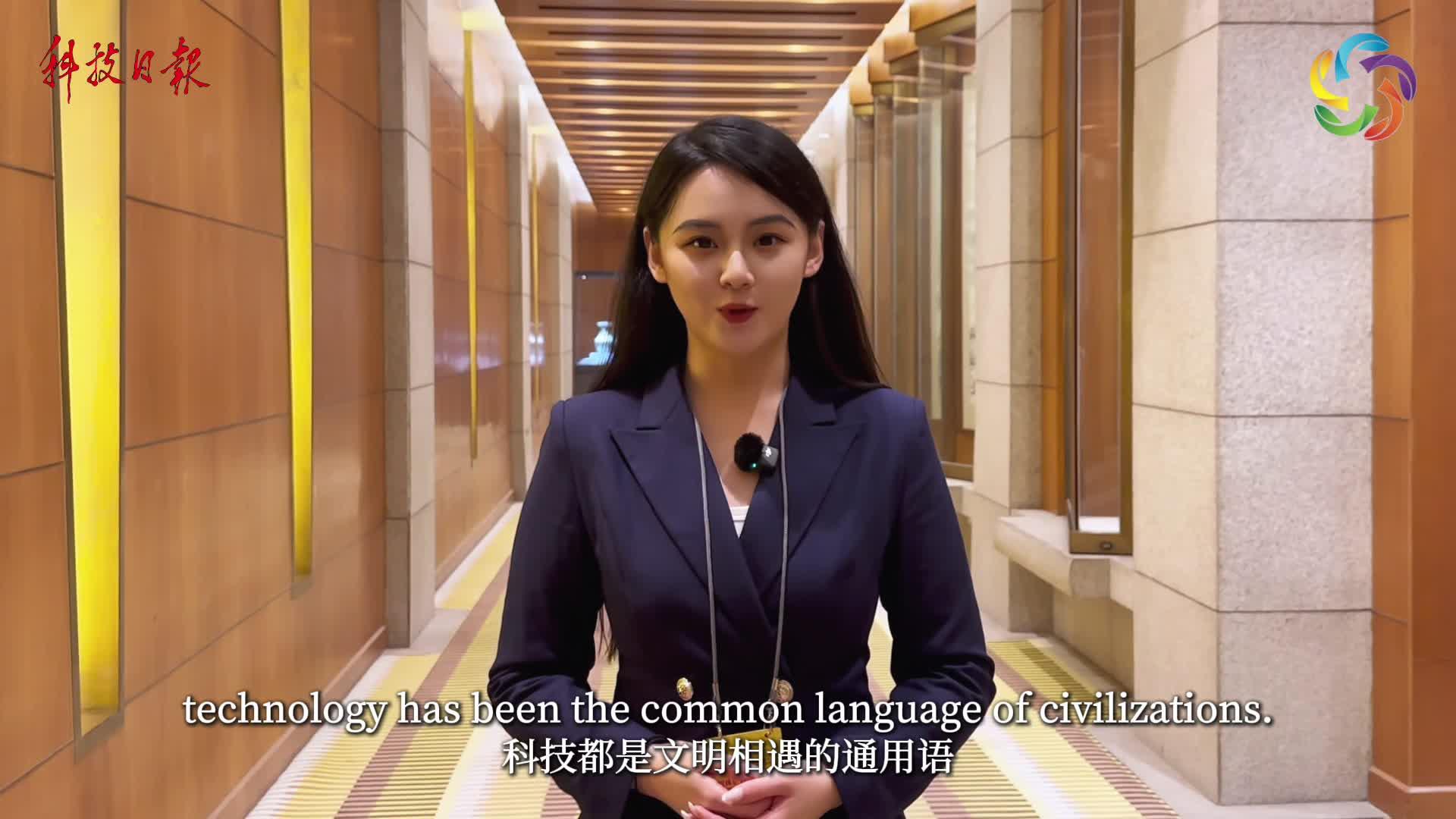Data Blockades Obstruct Global Scientific Progress?
The recent U.S. decision to restrict researchers from China and other nations from accessing National Institutes of Health (NIH) controlled-access databases represents a troubling shift toward data protectionism, raising concerns among the international scientific community.
Science is a cumulative process that relies on data sharing and free data flow, which is essential to facilitate scientific progress and innovation.
Citing national security concerns as excuses, the U.S. administration's move risks fragmenting the collaborative networks that underpin modern scientific breakthroughs.
In an era defined by transnational challenges — from pandemics to climate change — erecting barriers to critical health data contradicts the very ethos of open science and jeopardizes humanity's shared capacity to innovate.
NIH databases such as dbGaP (database of genotypes and phenotypes) are important tools for genomic research, enabling scientists worldwide to analyze genetic variants, disease mechanisms and therapeutic targets.
Restricting access to these repositories creates artificial barrier. It will stifle the cross-validation of findings, resulting in a waste of scientific resources.
BGI Group, a genomics company in Shenzhen, noted that Chinese scientists contributed data to some of the databases that are now off-limits, such as the National Center for Biotechnology Information's database of Genotypes and Phenotypes. That database, which includes genomewide association studies and medical sequencing data, "represents a shared human legacy that … benefits all of humanity."
The blanket restrictions prioritize fear over foresight. It assumes a one-way flow of knowledge, ignoring reciprocal benefits.
It also worries U.S. scientists, who fear that retaliatory measures by the nations affected could deprive them of important resources, creating a lose-lose scenario.
Science thrives on the free exchange of data. As the COVID-19 pandemic demonstrated, viral variants and public health crises do not respect borders. Therefore the data needed to combat them should not be restricted either.
Global challenges demand collective efforts. The U.S. should abandon its protectionist mindset and embrace the spirit of open science, lest short-sighted policies leave humanity ill-prepared for the next global crisis.







